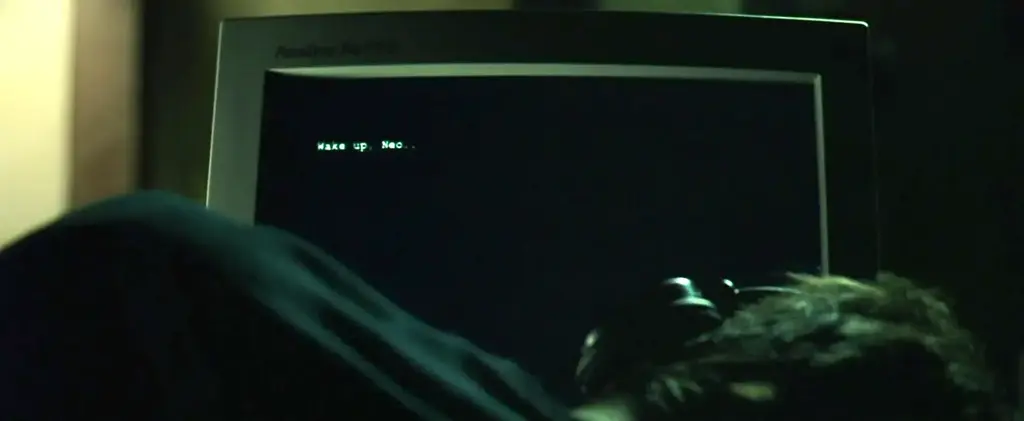

Not trying to change your mind because if you don’t like it you don’t like it, but the fame was developed and play tested as a PvE game. It was slated for release before The Finals. The playtesting revealed that the game was just not fun. The developers, the play testers, everyone involved felt it was boring. They delayed the game and created what was released.
I understand not personally enjoying what was released, but Embark made a decision to change the gameplay during development on their own, they weren’t forced to by a publisher or anything, and they didn’t renege on any promise or anything.







Because the way valve does it you need the purchase a key with real money to unlock the box, to get the random drop from it. Random loot isn’t the problem, it’s paying real money for the chance to get the random loot.